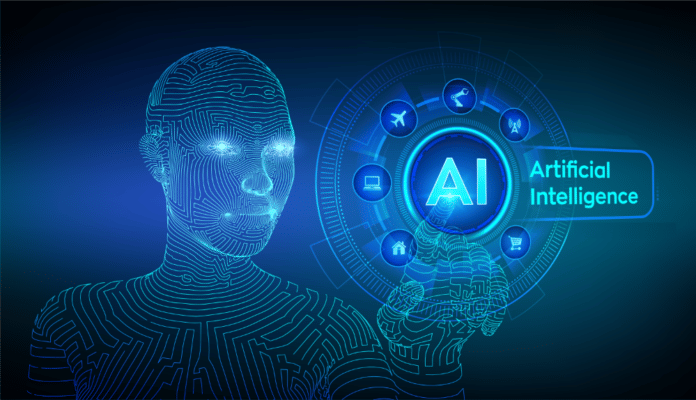The introduction of Version 2.0 is anticipated to hasten adoption of the technology even more. The software has already been used to make some rudimentary but amazing video animations.
Stable Diffusion Version 2 was released as open source by Stability.AI. According to Stability.AI, the original Stable Diffusion V1, led by CompVis, altered the way open source AI models functioned and gave rise to thousands of new models and advances across the globe. With 33K stars gained in less than two months, it has one of the quickest ascents to 10K Github stars of any programme.
Versus the first V1 release, Stable Diffusion 2.0 offers a number of significant enhancements and capabilities. Features and enhancements comprise:
Models for New Text-to-Image Diffusion
With the assistance of Stability AI, LAION created a brand-new encoder (OpenCLIP), which is included in the Stable Diffusion 2.0 release. This encoder significantly raises the quality of the generated images compared to earlier V1 releases. The text-to-image models in this edition can create images with 512512 and 768768 pixel resolutions as their default settings.
These models are developed using an aesthetic subset of the LAION-5B dataset produced by the DeepFloyd team at StabilityAI, which has then been NSFW-filtered to eliminate pornographic material.
Models of super-resolution upscaling diffusion
Additionally, an Upscaler Diffusion model that quadratically increases the resolution of images is included in Stable Diffusion 2.0. Stable Diffusion 2.0 can now produce images with resolutions of 20482048 or higher when used with their text-to-image models.
Depth-to-Image Diffusion Model and an Updated Inpainting Diffusion Model are two additional new additions and upgrades.
In the end, AI-generated art might not be all that bad for artists. It implies that users will instantly visit one of the many AI-art models, enter their search criteria, and employ the created image that they find most appealing out of what the AI suggests. People will choose the easy route and buy something from an AI while real-world, human artists who are entitled to compensation may produce superior work.










































































